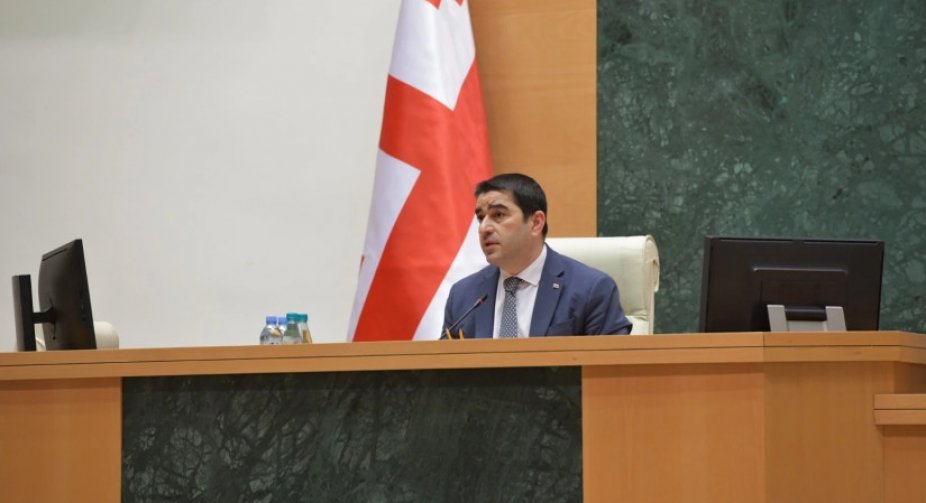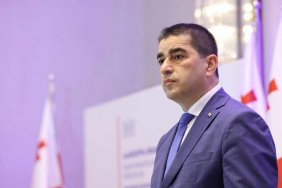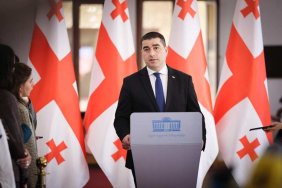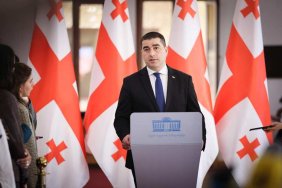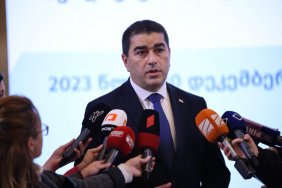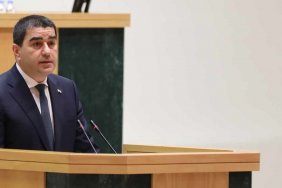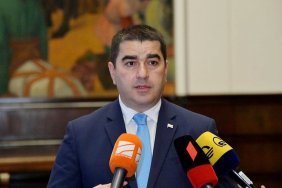Georgian Parliament Speaker Shalva Papuashvili on Wednesday raised concerns domestic non-governmental organizations allegedly created by political parties were reportedly obtaining foreign funding, which he said was prohibited by the law.
In his comments for Rustavi 2 TV channel ahead of the October general elections, the official emphasized the foreign funding raised doubts about whether the organizations represented the interests of the Georgian people or those financing them, and questioned whether politicians should prioritize the interests of the Georgian people or cater to the agendas of foreign donors.
Highlighting the importance of sovereignty, Papuashvili recalled the historical struggle for independence and stressed the principle that people “should determine their own destiny based on their interests”, asserting “every state pursues its own interests”.
Responding to arguments that foreign funds contributed to positive endeavors such as monument restoration, Papuashvili underscored the distinction between non-political entities and politicians, stating that “monuments do not influence elections or legislation”.
Furthermore, Papuashvili pointed out the legal prohibition of foreign funding for political activities in Georgia and highlighted that such practices were universally frowned upon.
Kenneth Wollack, the Chair of the United States-based non-governmental organization National Endowment for Democracy, earlier during the day addressed concerns over the funding of political parties through NGOs in Georgia and emphasized NED's commitment to supporting civil society organizations rather than political parties.
He stressed "civil society groups certainly have the right to be engaged in the political process. If they are part of political parties, they are not civic organizations, if they compete for political power or they are engaged in party activity, then they are not civil society organizations”.
